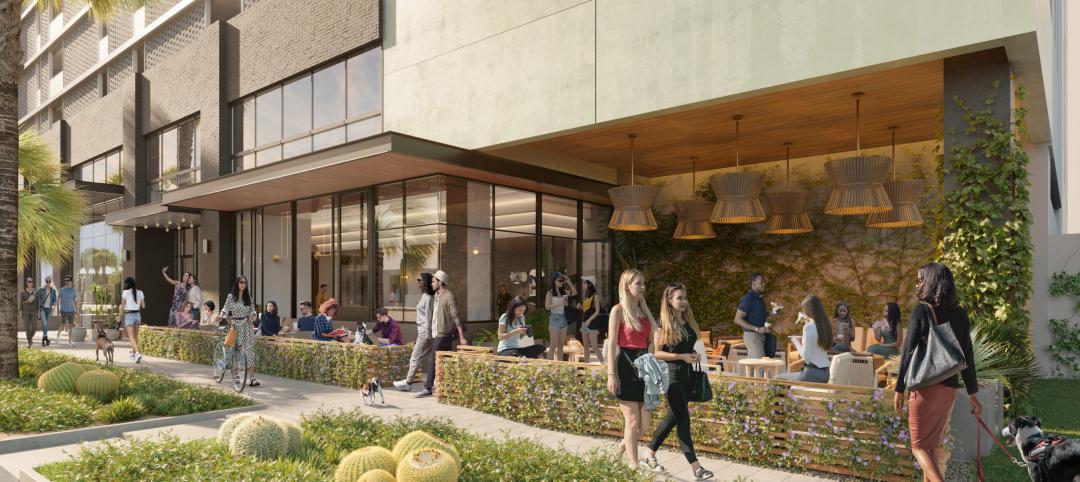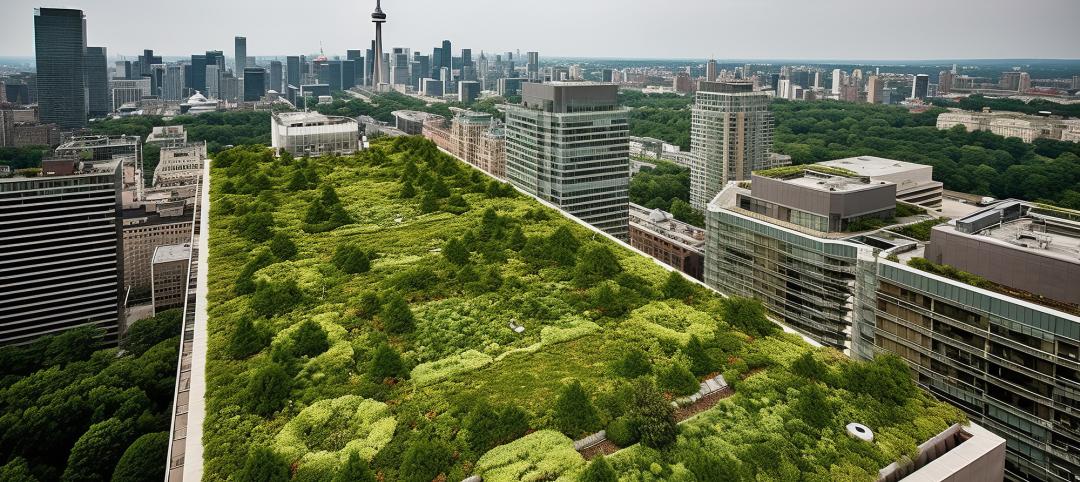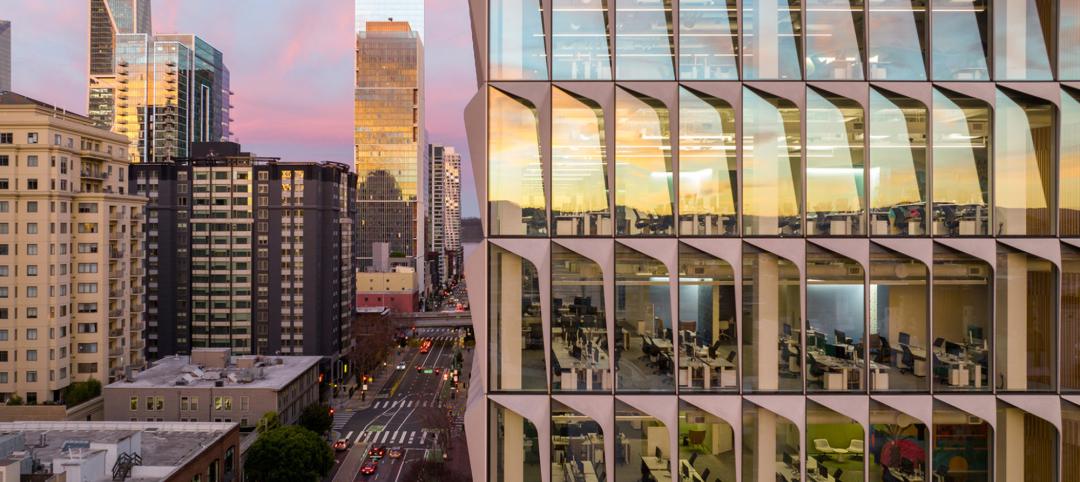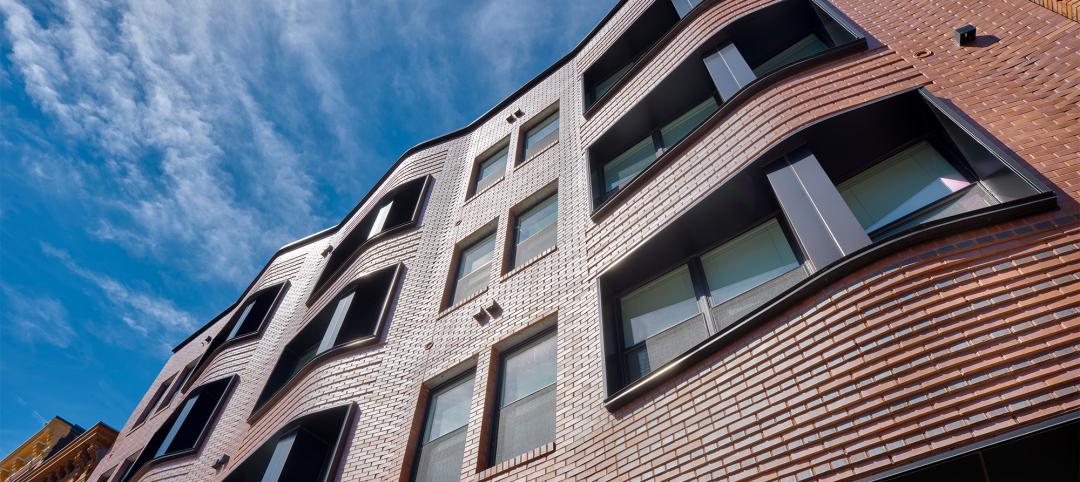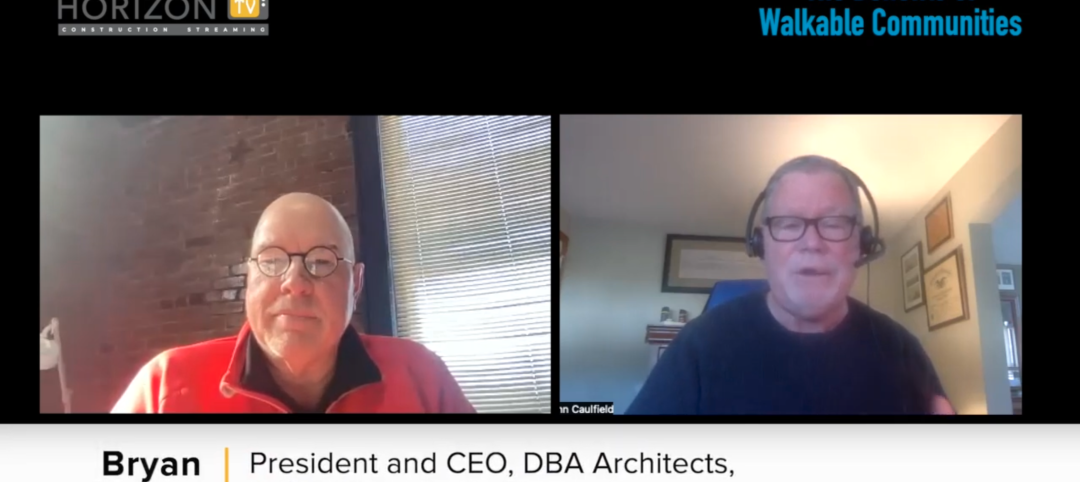The city of the future means more than it did 50 years ago. With rising climate dilemmas, breakthroughs in technology, and aging infrastructure, the needs of our cities cannot be solved with a single silver bullet. Surpassing the idyllic "smart city" is a holistic view of urban life to come—what Point2 Homes regards as future-ready cities.
Point2, a division of Yardi Systems Inc., released a report on the state of the largest 100 U.S. cities. The "Here Today, Here Tomorrow: Top Future-Ready U.S. Cities" report compared the country's top cities over a variety of metrics. In total, 30 key metrics—distributed across five main categories—were analyzed to determine urban innovation.
What makes a future-ready city?
The Point2 report determined future-readiness through five categories:
- Internet Connectivity: The access to the internet through high-speed coverage, especially accessible 5G mobile broadband.
- Environment & Sustainability: Use of electric and alternative fuel, decarbonization, Green building and sustainable practices.
- Business & Technology: The city's commitment to fostering innovation and technological advancements; patent submissions, share of STEM jobs, high share of startups as well.
- Economy & Demographics: A strong local economy with low unemployment and poverty rates.
- Transit & Mobility: Urban hypermobility that promotes bike riding, walkability, and other alternative means of transportation.
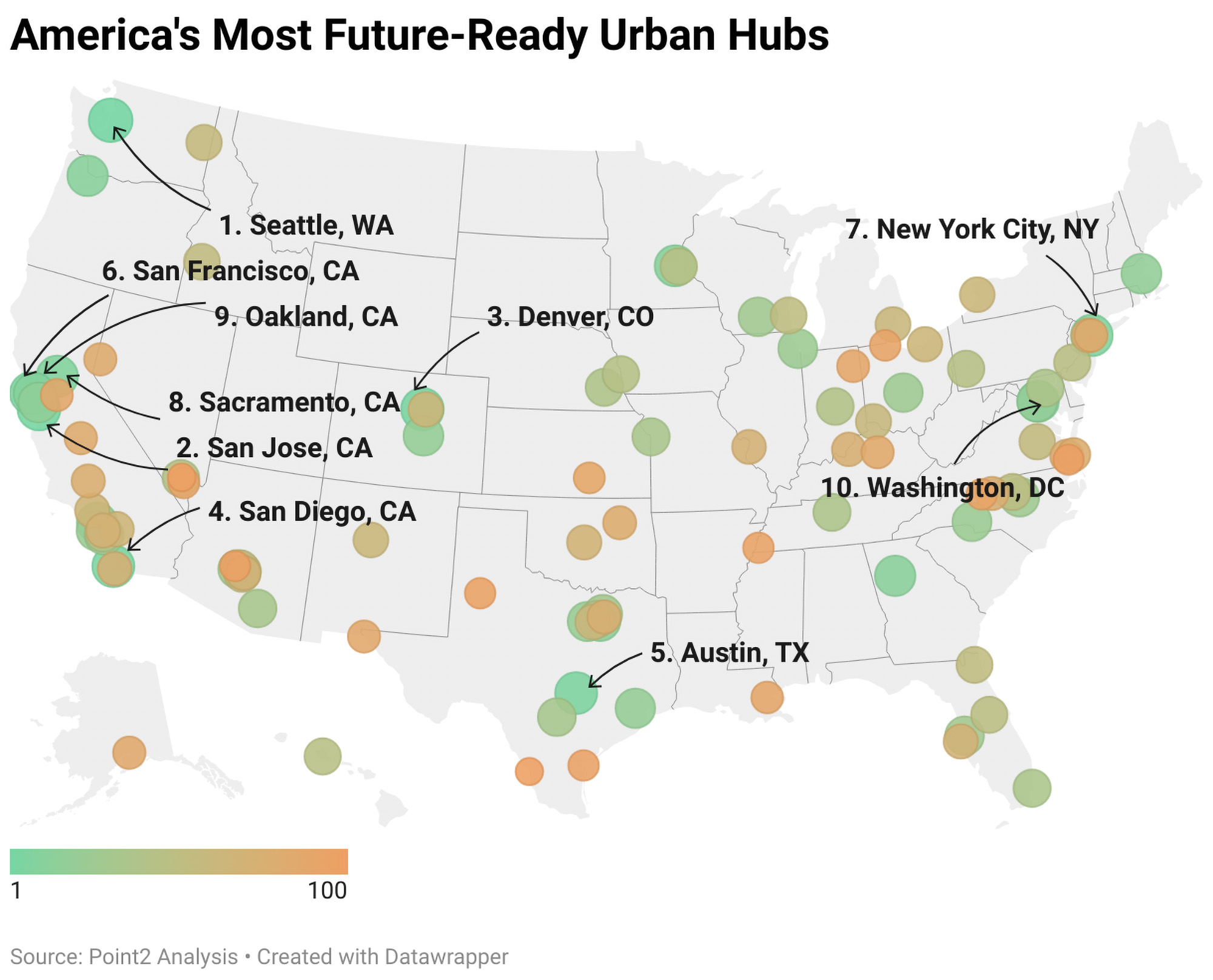
Top 10 'Future-Ready' Cities
Here are the top ten future-ready cities determined by the Point2 analysis.
1. Seattle, Wash.
Seattle sits at the number one spot overall, and also has the highest Environment & Sustainability rank among the 100 cities, according to the report. Its booming downtown scene, presence of major businesses and technology, and natural beauty make it the most future-ready city in the country.
2. San Jose, Calif.
San Jose sits in second with its tech scene and its dynamic, density-embraced urban planning. The city "inspires think pieces dedicated to why San Jose is the perfect model for an American city of tomorrow," writes Alexandra Ciuntu, Creative Writer, Point2.
3. Denver, Colo.
Denver's bustling aerospace presence, sustainability, and city design make it the third more future-ready city in the U.S.
4. San Diego, Calif.
Alongside Seattle and Sacramento, Calif., San Diego paves the way with the most electric fuel stations in the country. It sits as fourth most future-ready, but third in Environment & Sustainability.
5. Austin, Texas
Austin is the fifth most future-ready city, and is also one of the most innovative. It is the fifth city for Business & Technology in the country
6. San Francisco, Calif.
San Francisco sits at the sixth most future-ready, but the number one city in terms of Business & Technology. It is also only second to New York City in number of startups, and second to Minneapolis, Minn., for Transit & Mobility.
7. New York City, N.Y.
New York City is the seventh most future-proof, and has the most startups of any U.S. city. When it comes to internet connectivity, NYC has the most free WiFi spots in an urban area (12,000) followed by Los Angeles (10,500).
8. Sacramento, Calif.
Though Sacramento is eighth in future-proofing, it is first in Internet Connectivity. The city boasts a wide coverage of gigabit fixed internet, and a large share of households in the area have access to the internet.
9. Oakland, Calif.
Oakland rounds out the list of California hubs at number nine. It is also the eighth in terms of Business & Technology, behind Fremont, Calif.
10. Washington D.C.
Washington D.C. is the tenth most future-proof, with one of the largest collections of green-certified buildings. The Capitol is also sixth in Business & Technology and ninth in Environment & Sustainability compared to the top 100 cities.
To view the full report and see where each of the top 100 cities rank across the five categories, visit Point2's website.
Related Stories
Urban Planning | Jun 15, 2023
Arizona limits housing projects in Phoenix area over groundwater supply concerns
Arizona will no longer grant certifications for new residential developments in Phoenix, it’s largest city, due to concerns over groundwater supply. The announcement indicates that the Phoenix area, currently the nation’s fastest-growing region in terms of population growth, will not be able to sustain its rapid growth because of limited freshwater resources.
Mixed-Use | Jun 6, 2023
Public-private partnerships crucial to central business district revitalization
Central Business Districts are under pressure to keep themselves relevant as they face competition from new, vibrant mixed-use neighborhoods emerging across the world’s largest cities.
Urban Planning | Jun 2, 2023
Designing a pedestrian-focused city in downtown Phoenix
What makes a city walkable? Shepley Bulfinch's Omar Bailey, AIA, LEED AP, NOMA, believes pedestrian focused cities benefit most when they're not only easy to navigate, but also create spaces where people can live, work, and play.
Urban Planning | May 25, 2023
4 considerations for increasing biodiversity in construction projects
As climate change is linked with biodiversity depletion, fostering biodiverse landscapes during construction can create benefits beyond the immediate surroundings of the project.
Urban Planning | Apr 17, 2023
The future of the 20-minute city
Gensler's Stacey Olson breaks down the pros and cons of the "20-minute city," from equity concerns to data-driven design.
Urban Planning | Apr 12, 2023
Watch: Trends in urban design for 2023, with James Corner Field Operations
Isabel Castilla, a Principal Designer with the landscape architecture firm James Corner Field Operations, discusses recent changes in clients' priorities about urban design, with a focus on her firm's recent projects.
Sustainability | Apr 10, 2023
4 ways designers can help chief heat officers reduce climate change risks
Eric Corey Freed, Director of Sustainability, CannonDesign, shares how established designers and recently-emerged chief heat officers (CHO) can collaborate on solutions for alleviating climate change risks.
Urban Planning | Mar 16, 2023
Three interconnected solutions for 'saving' urban centers
Gensler Co-CEO Andy Cohen explores how the global pandemic affected city life, and gives three solutions for revitalizing these urban centers.
Affordable Housing | Mar 8, 2023
7 affordable housing developments built near historic districts, community ties
While some new multifamily developments strive for modernity, others choose to retain historic aesthetics.
Multifamily Housing | Feb 21, 2023
Watch: DBA Architects' Bryan Moore talks micro communities and the benefits of walkable neighborhoods
What is a micro-community? Where are they most prevalent? What’s the future for micro communities? These questions (and more) addressed by Bryan Moore, President and CEO of DBA Architects.






